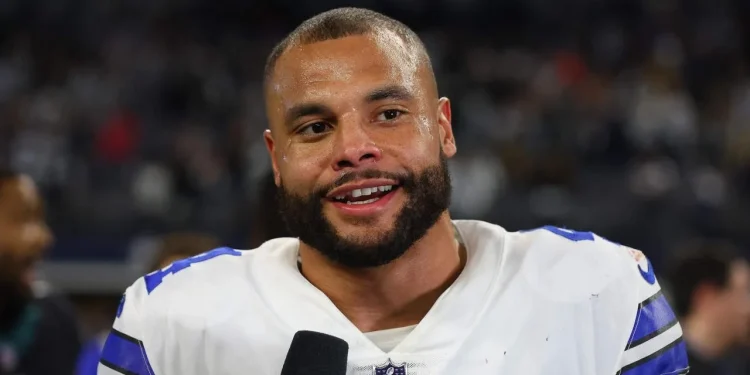As the NFL offseason unfolds, the buzz around Dak Prescott’s contractual situation with the Dallas Cowboys captures the essence of the high-stakes negotiations shaping the future of America’s most watched sport.
While wideout CeeDee Lamb conspicuously skips the organized team activities (OTAs) in pursuit of a new deal, Prescott’s presence despite his own unresolved contract speaks volumes about his commitment and strategic positioning.
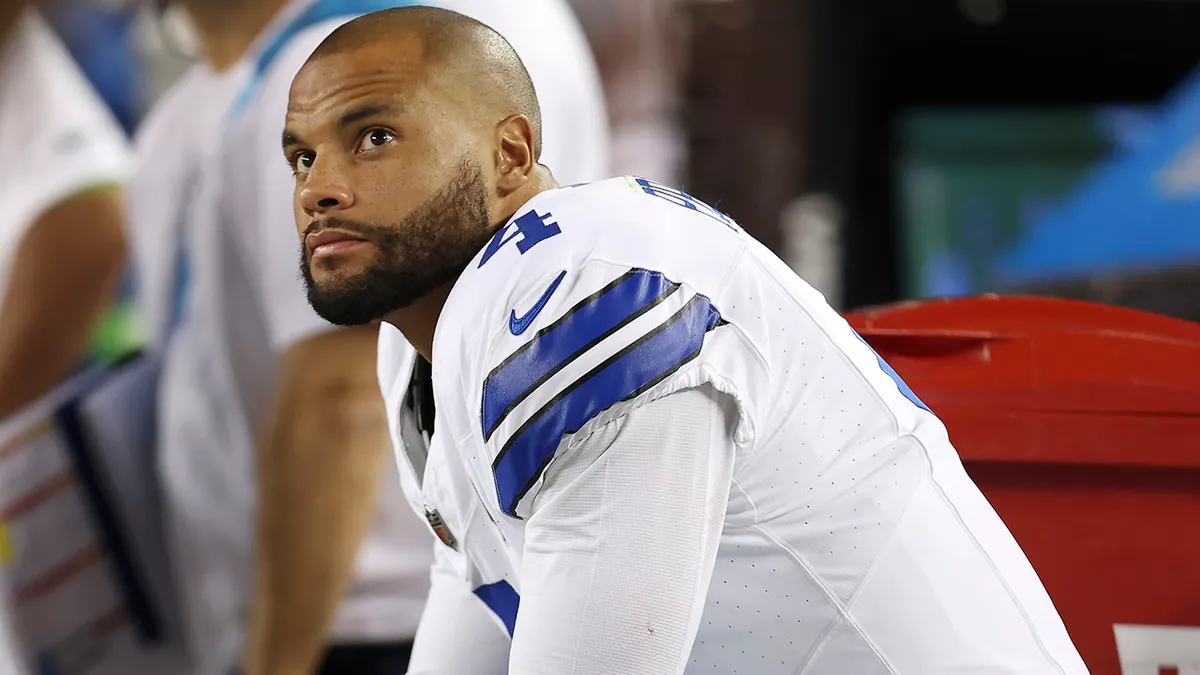
Dak Prescott’s Clear Stance: Beyond the Dollars
“I don’t play for money. Never have, never cared for it, to be honest with you,” Prescott stated emphatically in an interview with ESPN’s Todd Archer. His declaration sets a tone of integrity and passion for the game, distancing him from the often money-driven narratives that swirl around professional athletes. This approach not only endears him to fans but also places him in a unique position in negotiations, focusing on the sport rather than the salary.
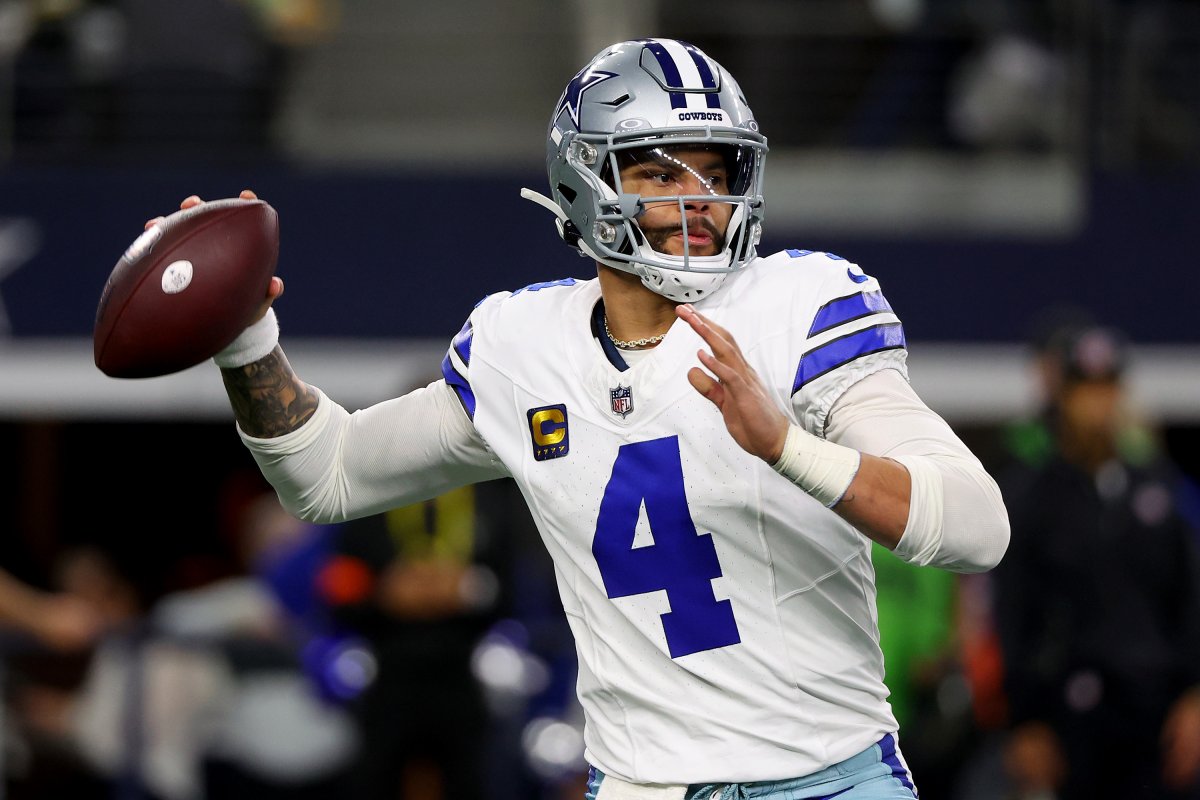
The Financial Playbook: Dallas Cowboys’ Delicate Balancing Act
In the backdrop of Prescott’s contract talks is the shadow of recent high-value quarterback deals, such as Jared Goff’s $53 million annual contract with the Detroit Lions. These figures inevitably set a benchmark, suggesting that Prescott could be eyeing a substantial raise from his 2021 four-year, $160 million contract.
The Cowboys, however, are not just negotiating with Prescott. They must also consider forthcoming contracts for key players like Lamb and edge rusher Micah Parsons, which complicates their financial strategy. Ensuring the retention of their three-time Pro Bowler quarterback while maintaining a competitive team structure is a delicate balance that requires astute financial foresight.
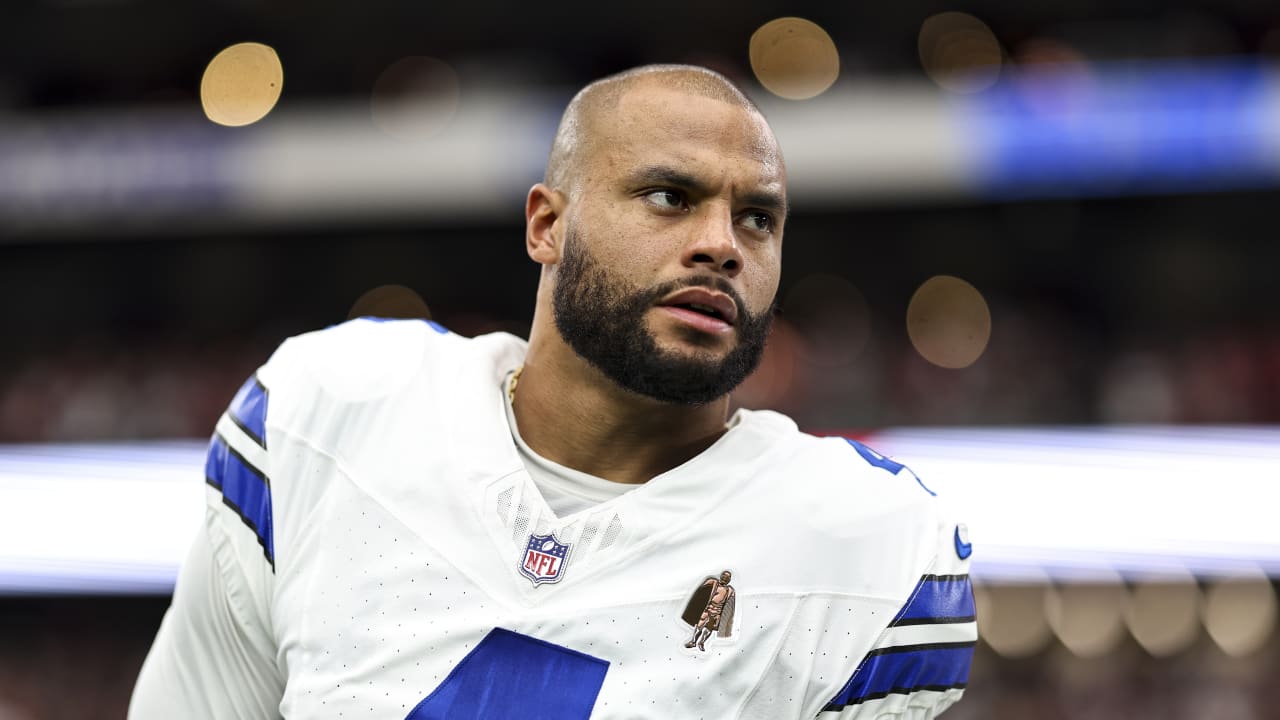
The Impact of Personal Dynamics on Contract Talks
Prescott’s reflections on the personal aspects of the negotiations highlight another layer of complexity. “I think it depends on personal relationships and position and how much that pay can affect others,” he remarked, acknowledging the interconnectedness of individual contracts and team dynamics. His awareness of the broader implications of his contract on the team’s salary cap and its ability to secure other key players demonstrates a leadership quality that transcends on-field performance.
Anticipating the Outcome: A Waiting Game
As discussions linger without “meaningful discussions,” according to Archer, the outcome of Prescott’s negotiations will likely set a precedent for how the Cowboys manage star negotiations under the current salary cap environment. The team’s vision of Prescott leading them beyond 2024 hinges on finding common ground that satisfies both the financial ledger and Prescott’s career aspirations.
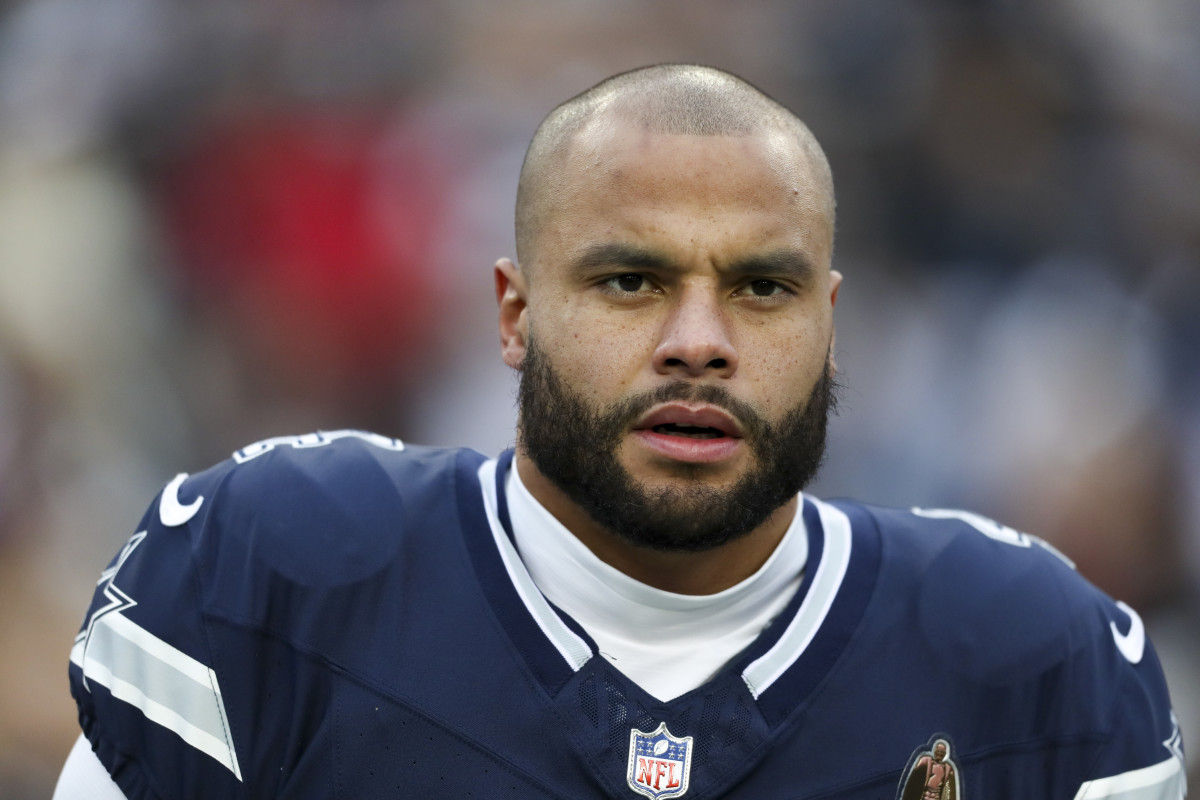
The Broader NFL Contract Landscape
This situation is emblematic of broader trends in the NFL, where player negotiations are increasingly influenced by personal factors and team strategies rather than purely financial considerations. Prescott’s situation is a microcosm of the shifting dynamics in professional sports negotiations, where values, leadership qualities, and personal relationships are leveraged as much as athletic performance.
As the offseason progresses, all eyes will remain on Prescott and the Cowboys, not just for the numbers that will eventually be penned on his contract, but for the narrative of loyalty and leadership that unfolds from these negotiations. The resolution of this high-stakes contractual saga will undoubtedly influence the approach to player contracts across the league, marking a pivotal moment in the business of sports.

Source- Yardbarker


